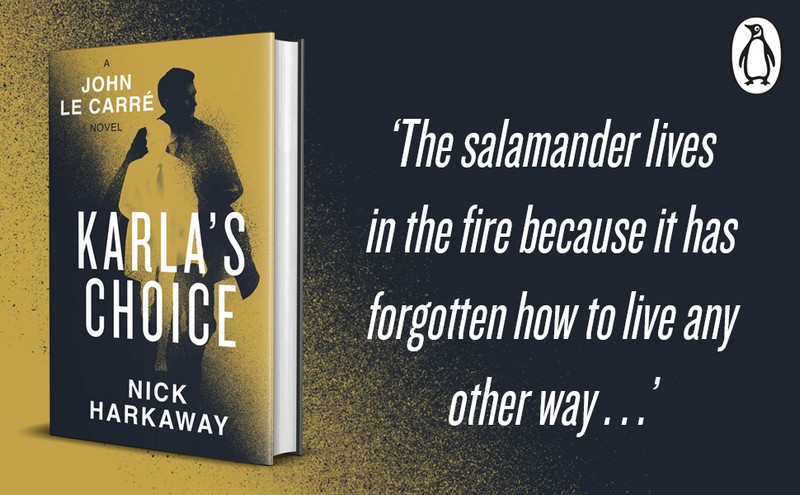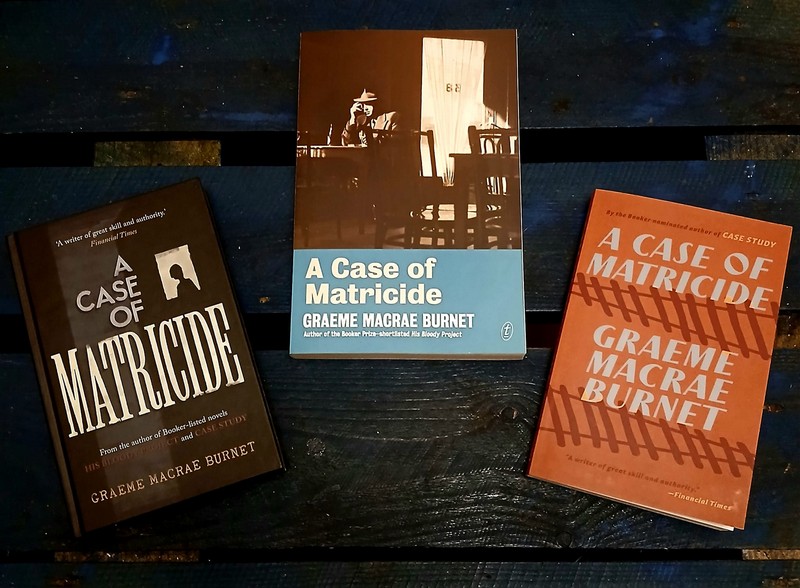 Fantasy and science fiction novels often use an ongoing war as the central driving narrative force. In Premee Mohamed’s new book, The Siege of Burning Grass, two rival powers have been at war for years – the Varkal and the Med’ariz. Both forces are hungry for new territory, have absorbed smaller countries into their domains along the way and both claim that the other is the aggressor. But those the Varkal authorities seem to hate more than the actual enemy are the pacifists who have signed a pact committing them to non-agression.
Fantasy and science fiction novels often use an ongoing war as the central driving narrative force. In Premee Mohamed’s new book, The Siege of Burning Grass, two rival powers have been at war for years – the Varkal and the Med’ariz. Both forces are hungry for new territory, have absorbed smaller countries into their domains along the way and both claim that the other is the aggressor. But those the Varkal authorities seem to hate more than the actual enemy are the pacifists who have signed a pact committing them to non-agression.
One of these is a man called Alefret. Alefret is freakishly large and strong and so could be an effective fighter. But he has committed himself to the pacifist cause and when The Siege of Burning Grass opens has lost his leg in a bombing and is being held prisoner. Alefret is offered a deal in an attempt to end the war. He is to accompany un undercover soldier, Qhudur, infiltrate one of the floating cities of the enemy and connect with their own anti-war movement. He agrees even when he knows this will not be a peaceful mission.
Through the fraught relationship of Alefret and Qhudur and the encounters that they have both on the way to the city and after, Mohamed explores ideas of war, of resistance to war and of humanity. She does this in a strange world of biological tools (for example lizard cigarette lighters and wasps that deliver medicines through their stingers) and mismatched forces. (There is an unnecessary throwaway ‘rational’ explanation of the history of this world towards the end of the book which follows what can only be described as a very well-worn trope).
The Siege of Burning Grass is more about the journey as it is about its ultimate destination. Mohamed uses her scenario to throw a light on the constant (and ongoing) warfare in Eastern Europe and other parts of the world. In particular, the entrenching of ideas and ideologies to both justify conflict and then keep it on foot. Mohamed asks a lot of relevant and difficult questions and does not provide any easy answers.
Robert Goodman
For more of Robert’s reviews, visit his blog Pile By the Bed
Other reviews you might enjoy:
- The 22 Murders of Madison May (Max Barry) – book review
- Wolves of Winter (Dan Jones) – book review
- The Burning Island (Jock Serong) – book review

Robert Goodman is a book reviewer, former Ned Kelly Awards judge and institutionalised public servant based in Sydney. This and over 450 more book reviews can be found on his website Pile By the Bed.



